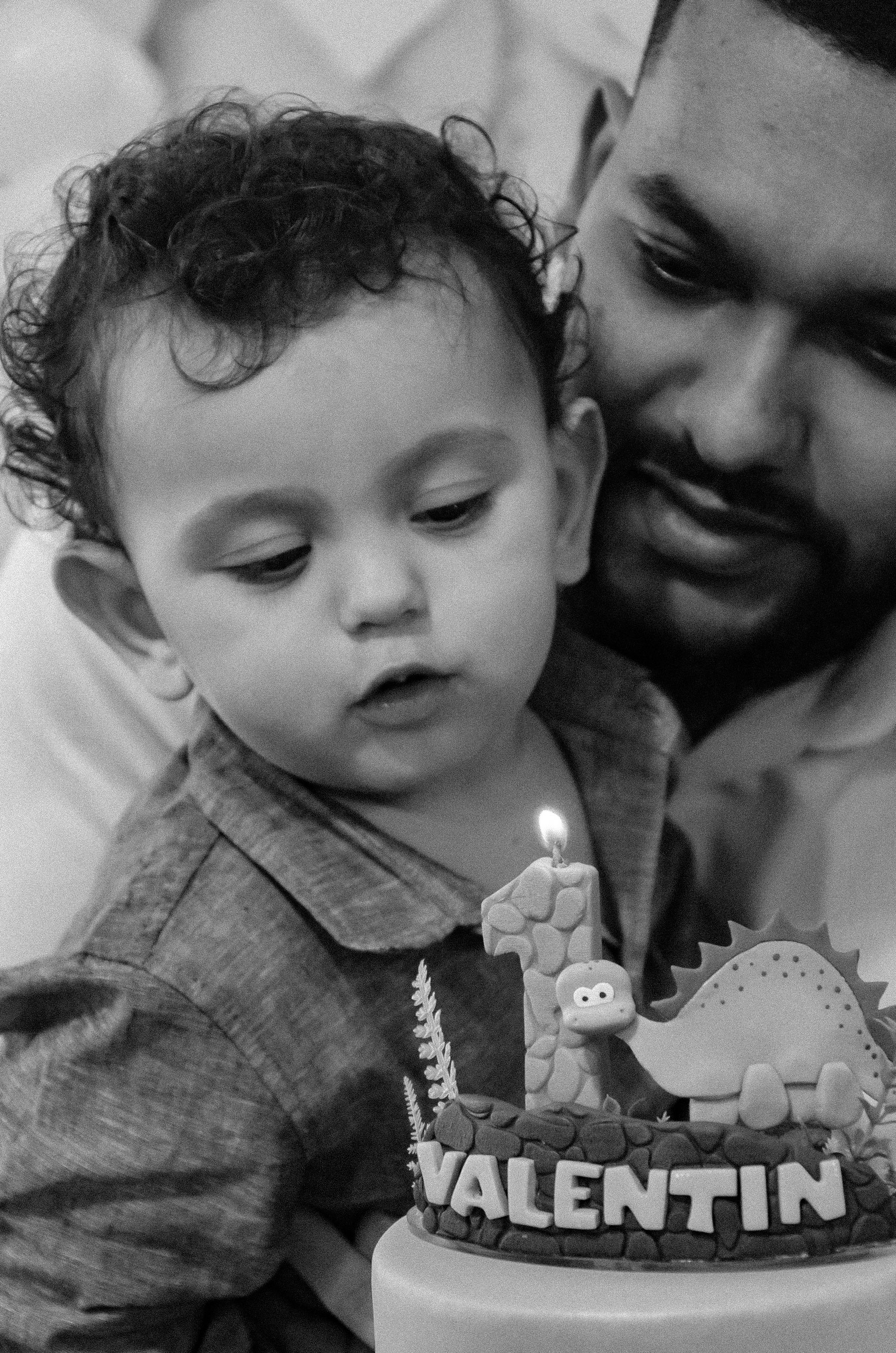Are you part of a blended family and concerned about how to protect your assets and ensure the well-being of your loved ones? Look no further! In this article, we will guide you through the ins and outs of estate planning specifically tailored for blended families. With our expert advice, you can gain peace of mind knowing that your estate will be managed according to your wishes, and your loved ones will be taken care of in the event of your passing. Don’t wait a moment longer – take the next step by calling the attorney listed on our website and seek the assistance you need to safeguard your family’s future.
Definition of a Blended Family
A blended family is a family structure that results from the remarriage or cohabitation of two individuals who have children from previous relationships. In a blended family, the parents may bring their own children into the new relationship, creating a unique dynamic that requires special consideration when it comes to estate planning. Blended families often face complex challenges in ensuring that the interests of all family members are protected and their assets are distributed in accordance with their wishes. Fortunately, with careful estate planning, these challenges can be addressed effectively.
Unique Considerations for Estate Planning
Identifying and Addressing Potential Conflicts
Estate planning for blended families involves careful consideration of potential conflicts that may arise regarding inheritances and the distribution of assets. It is important to identify any potential sources of conflict within the family and address them proactively. This may involve having open and honest discussions with all family members to ensure that their expectations are understood and accounted for in the estate plan. By addressing potential conflicts early on, you can minimize the likelihood of disputes and create a harmonious environment for your blended family.
Protecting the Interests of Children from Previous Relationships
One of the primary concerns in estate planning for blended families is ensuring that the children from previous relationships are adequately provided for. This may involve establishing trusts or other mechanisms to hold and distribute assets for the benefit of these children. By clearly defining the rights and interests of the children in the estate plan, you can protect their financial well-being and provide them with the resources they need to thrive.
Establishing Guardianship for Minor Children
If you have minor children in your blended family, it is crucial to establish guardianship provisions in your estate plan. This ensures that in the event of your incapacity or death, someone you trust will step in to care for your children. When determining who should be appointed as the guardian, it is important to consider the unique dynamics of your blended family and select someone who can provide the necessary love, guidance, and support to all of the children involved.
Providing for Stepchildren
When it comes to estate planning for blended families, it is essential to consider the needs and desires of stepchildren. While stepchildren may not have the same legal rights as biological or adopted children, you can still provide for them in your estate plan. Whether through specific bequests or the creation of trusts, you can ensure that your stepchildren are included and receive a fair share of your assets. By taking these steps, you can help foster a sense of inclusion and unity within your blended family.
Minimizing Tax Consequences
A well-crafted estate plan can also help minimize the tax consequences for your blended family. By utilizing appropriate gifting strategies, trusts, and other tax planning techniques, you can maximize the value of your estate and minimize the amount of taxes that will be owed. It is important to work with an experienced estate planning attorney who can guide you through the complex web of tax laws and regulations to ensure that your blended family is not burdened with unnecessary tax liabilities.

Click Here For More Information
Key Estate Planning Documents
Last Will and Testament
A Last Will and Testament is a fundamental component of any estate plan, including those designed for blended families. Your Will allows you to specify how your assets will be distributed upon your death and who will be responsible for administering your estate. In a blended family context, your Will can ensure that your children from previous relationships, as well as your current spouse and any stepchildren, are provided for according to your wishes.
Revocable Living Trust
In addition to a Will, a Revocable Living Trust can be a valuable tool for estate planning in blended families. A trust allows you to hold and manage your assets during your lifetime and specify how they should be distributed upon your death. By establishing a trust, you can provide for the needs of your surviving spouse, as well as any children or stepchildren, while also maintaining control and flexibility over the distribution of your assets.
Beneficiary Designations
Many assets, such as life insurance policies, retirement accounts, and bank accounts, pass directly to designated beneficiaries upon your death, bypassing the probate process. It is important to review and update the beneficiary designations on these assets to ensure that they align with your wishes for your blended family. By designating specific beneficiaries, you can provide for your loved ones in a timely and efficient manner.
Durable Power of Attorney
A Durable Power of Attorney is a legal document that authorizes someone you trust to make important financial and legal decisions on your behalf if you become incapacitated. This is particularly important in blended families, where multiple individuals may have a stake in decision-making. By designating a Durable Power of Attorney, you can ensure that someone with a clear understanding of your wishes and the best interests of your blended family can step in and manage your affairs if necessary.
Healthcare Directive
A Healthcare Directive, also known as a Living Will or Medical Power of Attorney, allows you to specify your wishes regarding medical treatment and appoint someone to make healthcare decisions on your behalf if you are unable to do so. In a blended family, it is important to have these documents in place to ensure that your healthcare preferences are respected and that someone you trust can advocate for your best interests.
Choosing the Right Estate Planning Strategy
Understanding the Differences Between Wills and Trusts
When it comes to estate planning for blended families, understanding the differences between Wills and Trusts is essential. While both documents serve specific purposes, a Trust offers more flexibility, privacy, and control over the distribution of assets. Wills are subject to probate, which can be time-consuming and costly. By working with an experienced estate planning attorney, you can determine which strategy is best suited to meet the needs of your blended family.
Considering the Needs of All Family Members
In order to develop an effective estate planning strategy, it is crucial to consider the needs and desires of all family members in your blended family. This includes your spouse, children from previous relationships, and any stepchildren. By taking into account the unique dynamics of your family, you can ensure that everyone is adequately provided for and that their interests are protected.
Balancing Flexibility and Control
Estate planning for blended families often requires striking a delicate balance between flexibility and control. On one hand, you want to ensure that your surviving spouse and children are provided for in the manner that you envision. On the other hand, you may want to retain some control over the distribution of assets and protect the interests of children from previous relationships. By carefully structuring your estate plan, you can find the right balance that meets the needs of your blended family.

Protecting Your Assets
Homeownership and Joint Ownership Considerations
For blended families, homeownership and joint ownership considerations can be particularly complex. The legal ownership of property and how it is titled can have significant implications for the distribution of assets upon your death. It is important to consider whether to hold property jointly, create a trust, or utilize other mechanisms to ensure that your intentions are carried out and your blended family is protected.
Life Insurance Policies
Life insurance can be an invaluable tool for estate planning in blended families. By designating beneficiaries and ensuring that adequate coverage is in place, you can provide financial security for your loved ones and cover any financial obligations that may arise upon your death. It is essential to review your life insurance policies regularly and update the beneficiaries as necessary to account for changes in your blended family.
Retirement Accounts and 401(k) Plans
Retirement accounts, such as IRAs and 401(k) plans, are often significant assets in an estate. It is important to review and update the beneficiary designations on these accounts to align with your wishes for your blended family. By designating specific beneficiaries, you can ensure that your retirement assets are distributed according to your intentions and provide for the needs of your loved ones.
Business Succession Planning
If you own a business, proper business succession planning is crucial in a blended family context. You may have children from previous relationships who are involved in the business and have a vested interest in its continuity. By developing a comprehensive business succession plan, you can ensure a smooth transition of ownership and protect the interests of all family members, including stepchildren and children from previous relationships.
Updating Your Estate Plan
Reassessing Your Estate Plan with Life Changes
Life is constantly changing, and so too should your estate plan. It is important to reassess your estate plan whenever significant life changes occur, such as getting married, divorcing, having children, or the death of a loved one. By keeping your estate plan up to date, you can ensure that it continues to reflect your wishes and adequately provides for your blended family.
Updating Beneficiary Designations
As previously mentioned, it is essential to review and update the beneficiary designations on your assets regularly. This includes life insurance policies, retirement accounts, and any other assets with designated beneficiaries. By proactively updating these designations, you can ensure that your assets pass to the intended beneficiaries and avoid potential conflicts within your blended family.
Revisiting Your Will and Trust
In addition to beneficiary designations, it is important to revisit your Will and Trust periodically to ensure that they align with your current intentions. Changes in your blended family structure or the acquisition of new assets may necessitate updates to these documents. By keeping your Will and Trust up to date, you can ensure that your wishes are accurately reflected and that the best interests of your blended family are protected.
Reviewing Guardianship Designations
If you have named a guardian for your minor children in your estate plan, it is important to periodically review and reconsider this designation. Life circumstances and relationships may change over time, and the designated guardian may no longer be the best choice for your blended family. By reviewing and updating your guardianship designations, you can ensure that your children will be cared for by someone you trust.
Avoiding Probate and Probate Litigation
Importance of Avoiding Probate
Probate is the legal process by which a deceased person’s assets are distributed to their heirs. In blended families, probate can often lead to disputes and potential litigation among family members. By taking steps to avoid probate, such as utilizing trusts and proper beneficiary designations, you can minimize the risk of conflicts and ensure a smoother transition of assets to your blended family.
Using Trusts to Minimize Probate
One effective way to avoid probate is to utilize trusts in your estate plan. Trusts allow assets to pass outside of probate, providing privacy, efficiency, and control over the distribution of assets. By transferring assets into a trust, you can ensure that your blended family is not burdened by the probate process and that your assets are distributed according to your wishes.
Preparing for Potential Disputes
Blended families can be more susceptible to disputes and conflicts over inheritance than traditional families. It is vital to anticipate and prepare for potential disputes by including clear and comprehensive provisions in your estate plan. By addressing potential contentious issues, such as the division of assets and the treatment of stepchildren, you can help minimize the likelihood of disputes and reduce the potential for probate litigation.
Mediation and Conflict Resolution
In the event that disputes do arise within your blended family, it is important to consider alternative dispute resolution methods, such as mediation. Mediation provides a neutral and confidential environment in which family members can discuss their concerns and work towards mutually agreeable solutions. By engaging in mediation, you can potentially avoid costly and lengthy probate litigation while preserving family relationships.
Tax Planning Strategies
Understanding Estate Tax Laws
Estate tax laws are an important consideration in estate planning for blended families. It is crucial to have a clear understanding of the applicable tax laws and how they may impact the distribution of your assets. By working with an experienced estate planning attorney, you can develop strategies to minimize estate taxes and maximize the value of your estate for your blended family.
Utilizing Exemptions and Tax Benefits
There are various exemptions and tax benefits available that can help reduce estate taxes in the context of blended families. These may include the lifetime gift tax exemption, the marital deduction, and the charitable deduction. By utilizing these exemptions and benefits effectively, you can minimize the tax burden on your blended family and ensure that more of your assets are preserved for your loved ones.
Charitable Giving and Qualified Charitable Distributions
Charitable giving can be a tax-efficient and meaningful way to benefit both your blended family and charitable organizations. By incorporating charitable giving into your estate plan, you can potentially reduce estate taxes while supporting causes that are important to you. Additionally, qualified charitable distributions from retirement accounts can provide tax advantages while allowing you to fulfill your philanthropic goals.

Working with an Experienced Estate Planning Attorney
Benefits of Professional Guidance
Estate planning for blended families can be complex and emotionally challenging. That is why it is crucial to work with an experienced estate planning attorney who can provide professional guidance and support throughout the process. An attorney can help you navigate the legal complexities, address potential conflicts, and ensure that your estate plan meets the unique needs of your blended family.
Tailoring Your Plan to Meet Individual Needs
Every blended family is unique, and as such, each estate plan should be tailored to meet individual needs and circumstances. An experienced estate planning attorney will take the time to understand your specific goals, concerns, and family dynamics, and develop a customized plan that reflects your wishes. By working closely with an attorney, you can ensure that your estate plan effectively protects your blended family and provides for their long-term well-being.
Ensuring Compliance with State and Federal Laws
Estate planning involves navigating a complex landscape of state and federal laws and regulations. Failing to comply with these laws can have serious consequences and leave your estate vulnerable to disputes and challenges. By working with an experienced estate planning attorney, you can rest assured that your estate plan is fully compliant and legally sound.
Take the Next Step with our Experienced Attorneys
Schedule a Consultation Today
If you have a blended family and want to ensure that your estate plan adequately provides for your loved ones, it is crucial to seek professional guidance. Our experienced estate planning attorneys are here to help you navigate the complexities of estate planning for blended families and develop a comprehensive plan that meets your unique needs. Schedule a consultation today to take the next step in protecting your blended family.
Get the Help You Need to Protect Your Blended Family
When it comes to estate planning for blended families, there are many considerations and challenges to address. Our skilled attorneys have the knowledge and experience necessary to guide you through the process and help you develop a plan that protects the interests of your blended family. Don’t wait until it’s too late – contact us today to get the help you need and ensure the financial security and well-being of your loved ones.